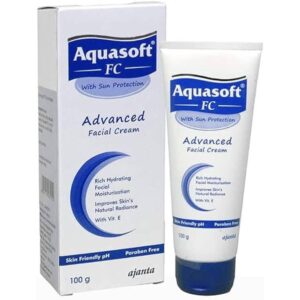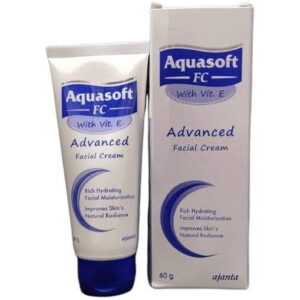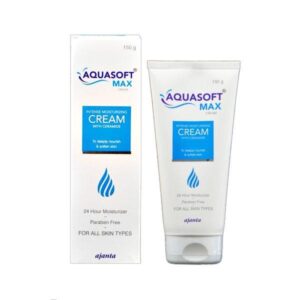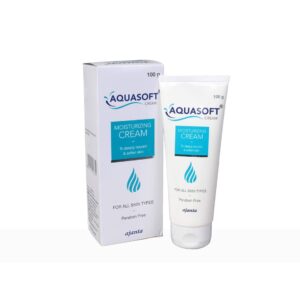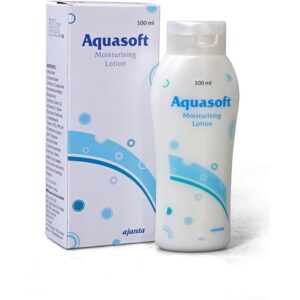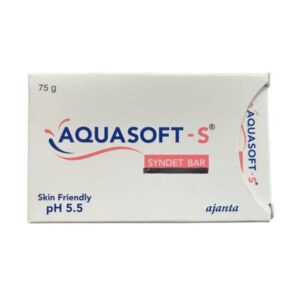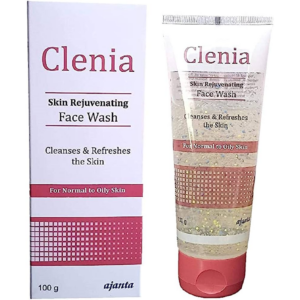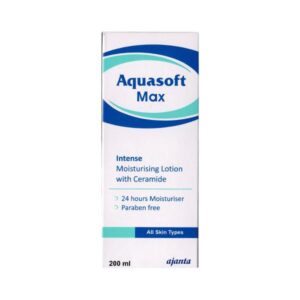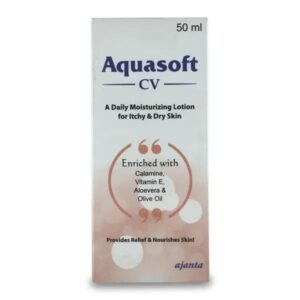ALOE VERA + KOKUM BUTTER + GLYCERIN & LIQUID PARAFFIN + T.F.M
Aloe Vera: Aloe Vera is a plant-based drug derived from the leaves of the Aloe barbadensis species. It has been used for centuries for its medicinal properties and is widely recognized for its therapeutic benefits. Aloe Vera is primarily used topically in the form of gels, creams, and ointments, and is also available in juice, capsules, and tablets for oral consumption.
The main active compounds in Aloe Vera are polysaccharides, anthraquinones, and inorganic substances. It has anti-inflammatory, antimicrobial, and antioxidant properties, which contribute to its therapeutic effects. When applied topically, Aloe Vera can promote wound healing, alleviate sunburns, soothe skin irritations, and moisturize the skin. It can also be used to treat conditions such as acne, eczema, psoriasis, and fungal infections.
The dose of Aloe Vera depends on the form and the specific product being used. For topical use, it is typically recommended to apply a thin layer of the gel or cream to the affected area 2-3 times per day. For oral consumption, the dose may vary depending on the formulation and the purpose of use. It is crucial to follow the instructions provided by the manufacturer or consult a healthcare professional for the correct dosage.
Aloe Vera is generally considered safe when used topically or orally in moderate amounts. However, some individuals may be allergic or hypersensitive to the plant, and it is recommended to perform a patch test before using it on a larger area. Common side effects may include skin irritation, redness, or a burning sensation at the application site. In certain cases, oral consumption of Aloe Vera may cause gastrointestinal discomfort, such as abdominal cramps, diarrhea, or electrolyte imbalances. Prolonged and excessive use of Aloe Vera laxatives, which contain anthraquinones, may lead to dependency or electrolyte disturbances.
It is important to note that Aloe Vera is not recommended or intended as a substitute for medical treatment. If symptoms persist or worsen, it is advised to seek medical advice. Pregnant or breastfeeding individuals should consult their healthcare professional before using Aloe Vera products.
Overall, Aloe Vera has a long history of traditional use and is known for its beneficial properties. However, it is essential to use it under proper guidance and consider individual sensitivities or allergies to avoid any potential adverse effects.
Kokum Butter: Kokum butter is a natural oil derived from the seeds of the Garcinia Indica tree, commonly found in India. It has several applications in the pharmaceutical and cosmetic industries.
Use:
Kokum butter is primarily used as a moisturizer and emollient in skincare products. Its high content of fatty acids helps nourish and hydrate the skin, making it useful for treating dryness, chapped lips, and other skin conditions. It is also used in the formulation of lip balms, soaps, lotions, and creams.
Mechanism of Action:
The moisturizing effect of kokum butter is attributed to its rich composition of triglycerides, which form a protective barrier on the skin surface, preventing moisture loss. It also contains antioxidants, such as vitamin E and polyphenols, which help neutralize free radicals and protect the skin from oxidative stress.
Dose:
Kokum butter is primarily used topically, applied directly to the skin. The recommended dose varies depending on the product and the individual’s needs. It is usually available in solid form but melts upon contact with the skin, allowing for easy application.
Side Effects:
Kokum butter is generally considered safe for most individuals when used topically. However, as with any cosmetic or topical product, some people may experience skin irritation or allergic reactions. It is always recommended to perform a patch test on a small area of the skin before using it extensively. If any adverse reactions occur, the use of kokum butter should be discontinued. It is also important to note that kokum butter is for external use only and should not be ingested.
Overall, kokum butter is a natural and nourishing ingredient with moisturizing and healing properties, making it a popular choice in skincare products. As with any new product, it is essential to consult a healthcare professional or dermatologist before using kokum butter, especially if you have any underlying skin conditions or allergies.
Glycerin & Liquid Paraffin: Glycerin & Liquid Paraffin is a medication that is commonly used for various reasons, including constipation and dry skin conditions.
The main active ingredients in Glycerin & Liquid Paraffin are glycerin and liquid paraffin (also known as mineral oil). Glycerin acts as a laxative, helping to stimulate bowel movements, while liquid paraffin acts as a lubricant to soften and smooth the stool.
The medication is most commonly used to treat constipation. It helps in the easy passage of stools by increasing the water content in the colon, softening the stool, and promoting bowel movements. Additionally, Glycerin & Liquid Paraffin is sometimes used as a lubricant for the relief of dry and irritated skin conditions.
The recommended dose of Glycerin & Liquid Paraffin varies depending on the age and condition being treated. For constipation, it is typically administered rectally as a suppository. In adults, one suppository (approximately 4g) is usually inserted into the rectum once daily or as directed by a healthcare professional. In children, the dose may be adjusted based on their age and weight. For dry skin conditions, the liquid form of this medication can be applied topically to the affected area.
Like all medications, Glycerin & Liquid Paraffin can cause side effects. Some common side effects include mild abdominal cramping, diarrhea, nausea, and skin irritation. These side effects are usually temporary and mild. However, if any severe or persistent side effects occur, it is important to consult a healthcare professional.
It is important to note that Glycerin & Liquid Paraffin should not be used in individuals with certain medical conditions, such as intestinal blockage, appendicitis, or severe abdominal pain, without the guidance of a healthcare professional. It should also be used with caution in individuals with a history of allergies or sensitivities to any of the ingredients. Pregnant or breastfeeding women should also consult their healthcare provider before using this medication.
Overall, Glycerin & Liquid Paraffin is a medication commonly used for the treatment of constipation and dry skin conditions. It works by increasing water content in the colon, softening the stool, and promoting bowel movements. As with any medication, it is important to follow the recommended dose and consult a healthcare professional if any concerns or questions arise.
T.f.m: I’m sorry, but I couldn’t find any information about a drug called T.f.m. It’s possible that the drug may have a different name or is not widely recognized. It is always important to consult a healthcare professional for accurate and reliable information regarding medications. They can provide you with the most up-to-date and relevant information based on your specific needs or condition.

